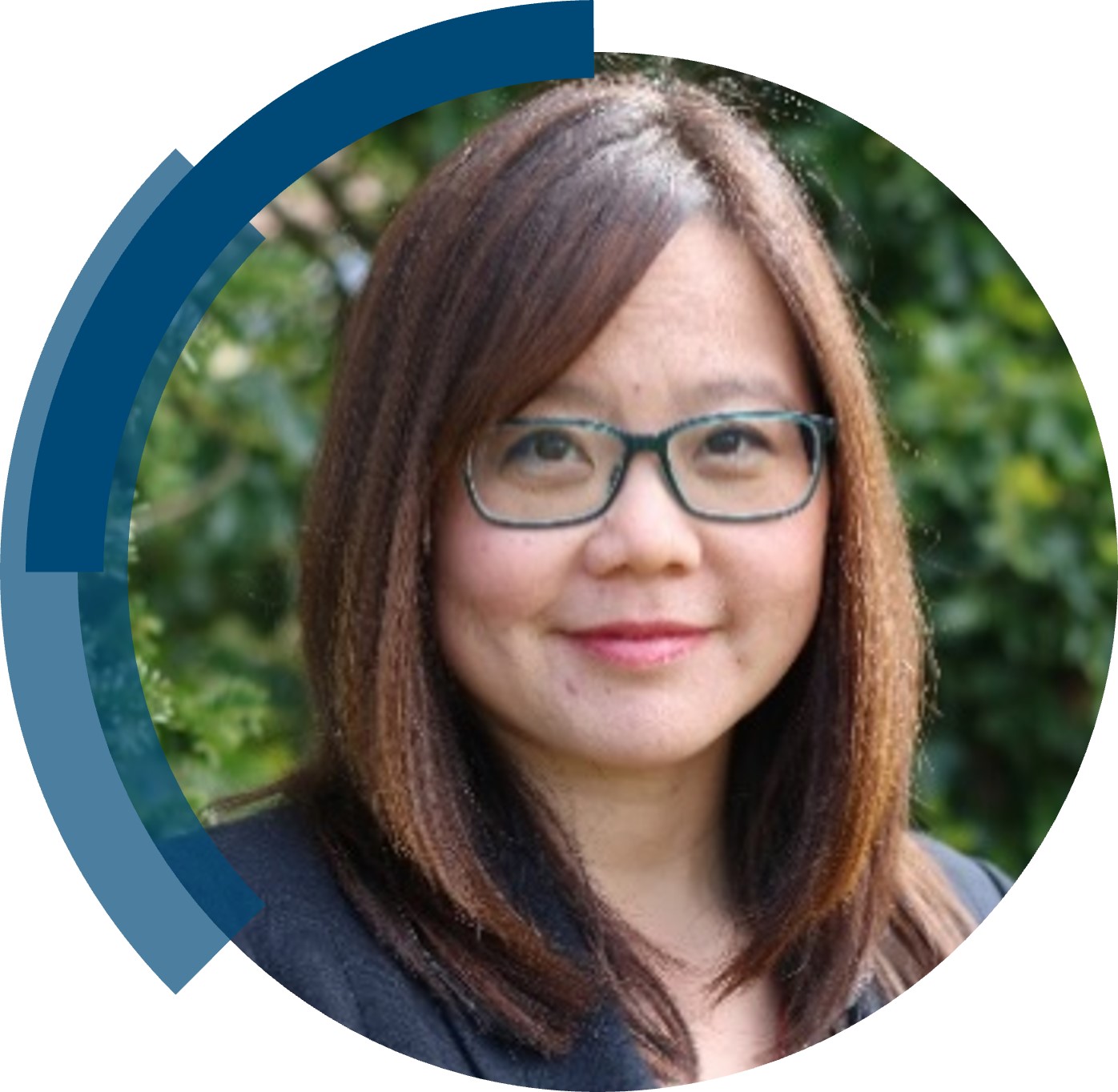ChemComm is publishing its 60th volume in 2024. Over the past 60 years, ChemComm has been the RSC’s most cited journal, and one of the most trusted venues for rapid publication of short communications. In our anniversary year, we recognise the important contributions ChemComm has made, and continues to make, in advancing the chemical sciences.
As part of our anniversary celebrations, we’ve brought together a collection featuring the latest research from some of our most loyal and dedicated authors. From those marking the beginning of their independent academic career by publishing their first article with us, to the rising stars and established leaders publishing in our yearly ‘Emerging Investigators’ and ‘Pioneering Investigators’ collections, this collection champions the contributions of our worldwide author community. We are proud many authors choose to support our journal by regularly publishing their best work with us. This collection also features papers from our ChemComm Emerging Investigator Lectureship winners, and our Outstanding Reviewer awardees, whose invaluable feedback has shaped our published content through the years.
To accompany the collection, we’ll be publishing interviews with contributing authors where they provide further insight into their research and reflect on their journey with ChemComm.
Check out our interview with Ai-Lan Lee (University of Edinburgh, UK) below!
What is your favourite thing about ChemComm?
My first independent publication was in ChemComm: “Gold catalysed reactions with cyclopropenes” back in 2008 so the journal naturally holds a special place in my heart. The “Emerging Investigators” themed series is also an excellent way to highlight early career research around the world and we were very fortunate to have contributed to the series back in 2011 and 2013.
In what ways do you think ChemComm stands out among other journals in your field?
Rapid publication, efficient and rigorous peer review, concise 4-page communication format and a highly respected journal, publishing significant advancements in all areas of chemistry.
How would you describe the peer review process and interaction with the editorial team at ChemComm?
Efficient and fair.
Could you provide a brief summary of your recent ChemComm publication?
Our publication describes the development of one thermal- and one light-mediated method for direct Minisci-type C-H amidation of 1,3-azoles, which are important scaffolds in drug design, but are more electron-rich and thus more challenging substrates compared to the more typically studied electron-poor 6-membered N-heterocycles. The light-mediated method is particularly interesting because it is does not require a photosensitiser/photocatalyst and proceeds via an electron donor-acceptor (EDA) complex. We were pleased to show that the methodology is applicable to late-stage C-H amidations of 1,3-azole drug molecules.
In your opinion, what are the next steps or potential areas of research that could build upon the findings in this paper?
We will certainly be exploring the photocatalyst-free, EDA methodology in other reactions, as there are significant cost and sustainability advantages.
Be sure to read Ai-Lan’s article, “Direct C–H amidation of 1,3-azoles: light-mediated, photosensitiser-free vs. thermal” to learn more!












